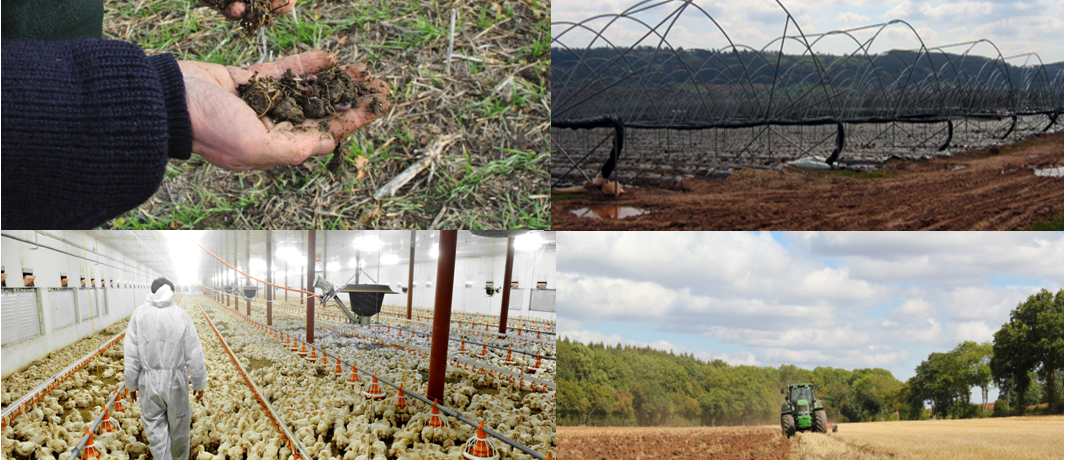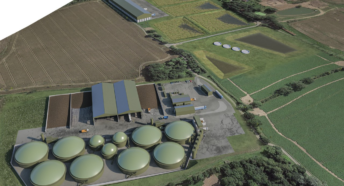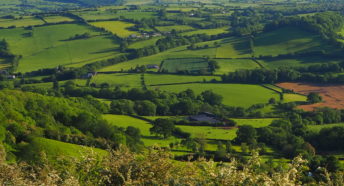New guidance for Herefordshire farm planning – the devil’s in the detail
We’re obviously pleased that the council wants to bring out guidance on farm development planning. However, we’ve joined the consultation on their draft pointing out some missing parts of the jigsaw. We’re also asking you to join the wider consultation on Herefordshire’s new local plan if you can – the council’s webpage suggests “local ambitions… will form a useful evidence base for future policy development” with regard to the health of the Wye.
Some of our concerns are set out below, but you can read our full response to the council here.
Timing
This guidance document is coming out as the county is revising its Core Strategy. Because of serious agricultural impacts on the environment, especially the River Wye, we expect the new Core Strategy will include policies controlling agricultural development. So this guidance will need some changes to reflect the new Core Strategy when it comes out.
Farmscoper
We’re particularly concerned with the suggestion to use the Farmscoper tool to try to address the severe problem of agricultural pollution in the River Wye Special Area of Conservation. Farmscoper allows for some very subjective data and is therefore easily manipulated to achieve a desired outcome.
Best and Most Versatile (BMV) agricultural land
The guidance states that Herefordshire has some of the most productive agricultural land in the country, but does not set out how to protect it. Many intensive livestock units and anaerobic digesters have been built on BMV land, with applicants arguing that the site remains in agricultural use. However, this argument ignores the fact that the land is put beyond any further agricultural use by the development. Soil is usually removed from the site and any that remains is severely compacted and covered in concrete. The SPG should set out the presumption that BMV land is not developed.
Minerals and Waste Local Plan (MWLP)
The draft SPG says that the MWLP “recognizes the role that anaerobic digestion can play in managing natural agricultural wastes and effectively reducing the amount of raw manure that is deposited on farmland.” This is unlikely to be what the final MWLP will say, because the inspectors at examination recognized that anaerobic digesters (ADs) have the potential for significant adverse impacts on the environment. This chimes with our own objections to the massive planned development at Whitwick Manor.
Significant omissions
We hoped the guidance would address the following topics more fully:-
- Planning enforcement when developments break the rules
- Bio-aerosols
- Biosecurity
- The restoration of agricultural land at the end of a development’s life
- The implications of any development for climate effects
- No focus on how planning could influence and control livestock numbers
What you can do
Please, if you can spare a few minutes, share your thoughts by joining the wider consultation on the new local plan. The council suggests on the consultation page that ‘local ambitions’ may have some influence on policy for saving the Wye.









